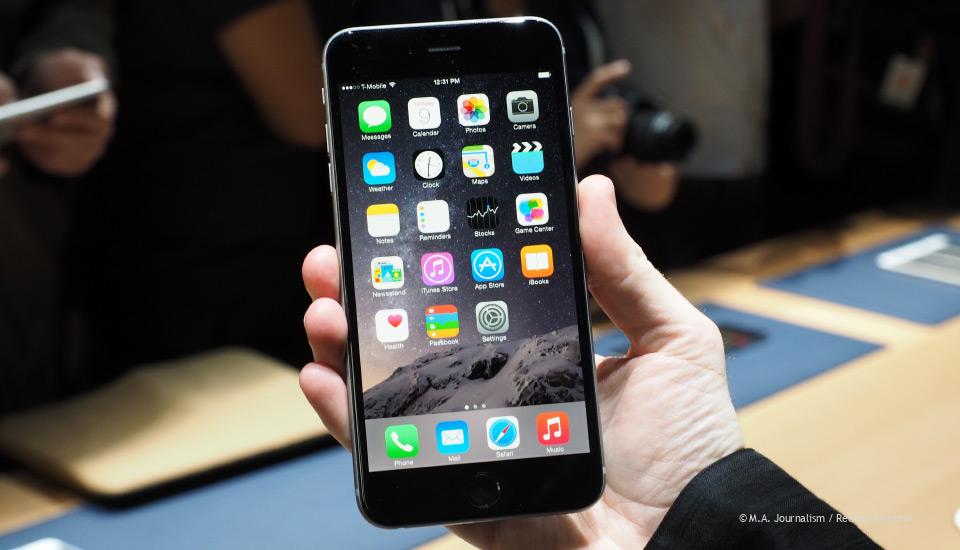Usage of Tik-Tok conflict teens, teachers and the FBI
The FBI director, Christopher Wray deemed the popular social media app known as TikTok, a “national security” threat in front of Congress in March. Wray claimed TikTok’s parent company, Bytedance, could steal its user’s data and conduct espionage operations to divide the American people due to its connection with the Chinese government, a concern that has been present ever since the Trump administration.
Since its founding in 2017, TikTok has taken the minds of Americans by storm with over 150 mil- lion Americans being on the app, and it’s particularly been popular among teenagers, with more than two-thirds of them being on the app according to the New York Times. The app presents itself as an entertainment outlet feeding countless videos to its users every day, and to some known as “influencers” it can provide a sustain- able income. The app has also become a platform for many to voice their opinions about topics around the world and can serve as a platform to form deep meaningful connections.
But is TikTok truly a threat to its users? Why are governments primarily focusing on TikTok now as opposed to other media outlets? Previous complications with Byte- Dance have raised serious security concerns.
In late 2022, the Department of Justice conducted an investigation on several ByteDance employees for the spying of multiple journalists from the major news network, Forbes. The now-fi red employees unlawfully acquired the data and IP addresses of these journalists, all of whom were covering the company and its networks with China. Since then, ByteDance has taken full accountability for the surveillance and has fi red all of the employees.
Further, critics of ByteDance like to point out its influence on the US and China through two of its companies, TikTok, and its sister company, Douyin. Both companies have a similar premise however, Douyin shows its citizens videos about education and self- empowerment and includes time restrictions for its users, whereas TikTok has a more randomized set of videos. The phenomenon, critics say, is no accident and per- haps reveals a more dangerous intention.
To AP GOV and US History teacher Collin Quinn, the argument about the addictive effects of TikTok is something that applies to all social media platforms, not just uniquely TikTok.
“[misinformation and addiction] that seems to be a concern across social media in general, like living in echo chambers, misinformation. I don’t see that as unique to TikTok. I think that that’s a concern across social media plat- forms,” Quinn said, “And again, how do we balance freedom of speech rights, with the concerns of national security.”
Due to these complications, governments around the world including the US, India, and Canada have banned TikTok on all government devices over grow- ing concerns. State government’s, such as the state of Montana have completely banned TikTok on all personal devices, being the first state to do so in the US. Though, there is much debate as to whether these restrictions are really the right approach to the situation and whether there even is an immediate threat in the first place.
According to social studies teacher Nathan Johnson, the restrictions are well intended due to the volatile nature of the app, but he believes that it might not be the best course of action.
“It’s theoretically possible be- cause the government of China exerts a great deal of influence or potential influence over companies inside its border [China steal- ing data]” said Johnson. “There are, generally speaking, constitutional practices that can’t make us ban speech or speech platforms unless they have been flagged as illegal or harmful, for example, a newspaper can be punished for libel, defamation, treason, but we don’t exercise censorship in ad- vance of something harmful being published or done.”
To others, such as Sophomore Linnea Pihl, the restrictions aren’t about protecting the citizens, but more so about limiting freedom of speech.
“I think that Congress has been screwed up for a long time now and very disconnected as a reflection of the American people and their interests. It’s been really divided and not a good representation. So I think when they tried to push the ban on TikTok, it was because their information and interests are very separate from most of ours,” said Pihl. “Having this space where you share new ideas or discuss opinions, or like get a message out, or even share a brand or a small business, there’s just a lot of benefits, I think, to this freedom of information. And I think that scares Congress a bit.”
The fate of TikTok remains to be seen, it can prove useful for community building but can also amplify misinformation and be a target for data.
“We all have to do that ourselves, which is a significant task that we have in 2023 That’s different,” said Quinn. “How do we deal with that, given not wanting to limit freedom of speech? I think it’s a concern that goes well beyond TikTok to all social media platforms and a concern I don’t know if we have a really good answer to that.”

